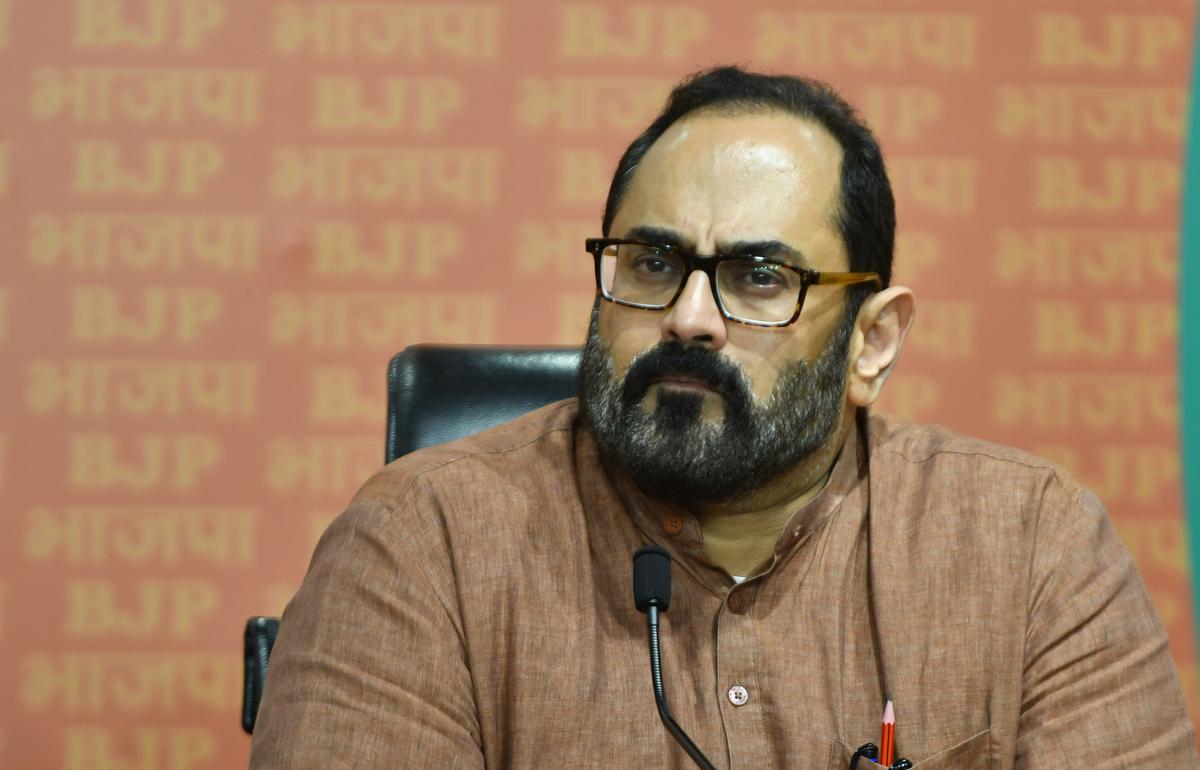The Union government has formally laid out the Digital India Act, 2023, a major overhaul of the decades-old Information Technology Act, 2000.

Reconsideration of Safe Harbour
- The government is reconsidering a key aspect of cyberspace — ‘safe harbour’.
- The principle of safe harbour states that so-called “intermediaries” on the internet are not responsible for what third parties post on their website.
- This is the principle that enables social media platforms to avoid liability for user-generated content.
- Regulations such as the Information Technology (Intermediary Guidelines and Digital Media Ethics Code) Rules, 2021, which require platforms to remove posts when ordered to do so by the government or when required by law, have limited safe harbour in recent years.
What exactly is the Digital India Act of 2023?
- The act is a new piece of legislation designed to replace the decades-old Information Technology Act of 2000.
- The Act addresses a variety of issues, including AI, cybercrime, data protection, deepfakes, competition issues among internet platforms, and online safety.
- In addition, the Act aims to address “new complex forms of user harms” that have emerged in the years since the IT Act’s enactment, such as catfishing, doxxing, trolling, and phishing.
Why was this law passed?
- Data protection: The Digital India Act will be implemented concurrently with the Digital Personal Data Protection Bill, 2022, which focuses solely on the processing of personal data in India.
- Data lawfulness: It aims to address the processing of digital personal data in a way that recognises both individuals’ right to personal data protection and the need to process personal data for lawful purposes.
- This Act and the Digital Personal Data Protection Bill will work in tandem to provide comprehensive regulation.
Key features of the Digital India Act
- Developing new regulations to govern emerging technologies such as 5G, IoT devices, cloud computing, metaverse, blockchain, and cryptocurrency.
- Reclassifying online intermediaries into distinct categories rather than a single general intermediary label, each with its own set of rules.
- Removing online intermediaries’ “safe harbour” immunity for intentional misinformation or other content violations committed by third parties.
- Developing digital standards and laws in the field of artificial intelligence (AI) and machine learning (ML).
- Making cyberbullying, identity theft, and the unauthorised sharing of personal information illegal.
Significance
- The Digital India Act establishes a legal framework for promoting the growth of India’s digital economy.
- Its goal is to foster the development and deployment of digital technologies across multiple sectors.
- The Act also addresses various cybersecurity and data privacy challenges, which are critical issues in the digital age.
@the end
The Union government has formally laid out the Digital India Act, 2023, a major overhaul of the decades-old Information Technology Act, 2000.
Source: https://economictimes.indiatimes.com/tech/technology/digital-india-bill-draft-post-consultation-to-be-ready-by-july/articleshow/98524405.cms#:~:text=The%20Bill%20seeks%20to%20manage,presided%20over%20the%20consultation%20said.
